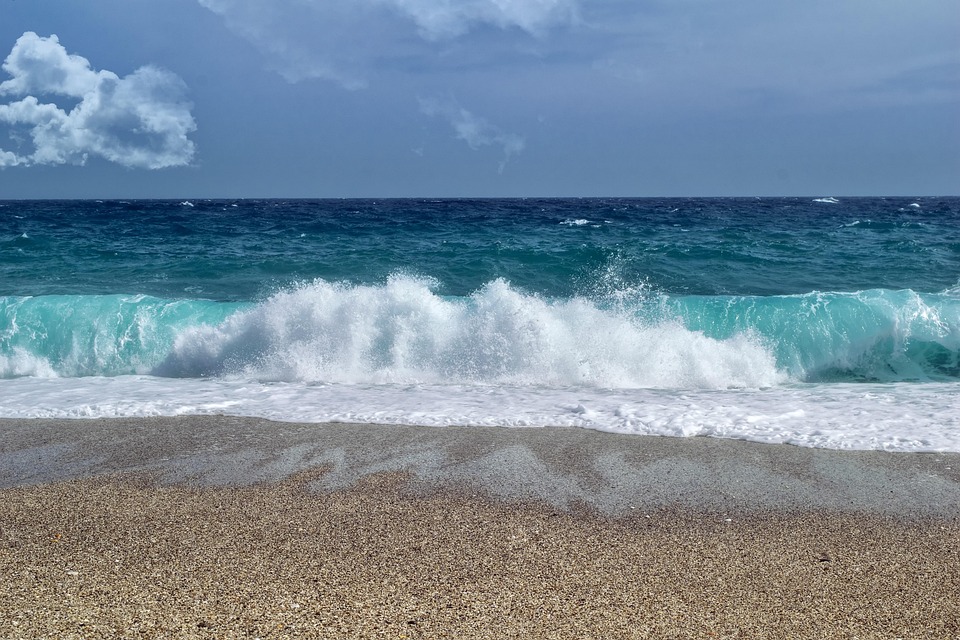Introduction
Almeria, a captivating city situated in the southeastern region of Spain, offers a unique blend of European and African culture. Nestled between the Mediterranean Sea and the Sierra de Alhamilla mountain range, Almeria’s rich history, stunning landscapes, and vibrant cultural heritage make it a must-visit destination for travelers. Whether you are a history enthusiast, a lover of natural beauty, or a seeker of diverse experiences, Almeria has something for everyone.
Historical Significance
Almeria boasts a rich historical past, influenced by various civilizations throughout the centuries. From the ancient Phoenicians and Carthaginians to the Romans, Arabs, and Christians, the city has witnessed the rise and fall of empires. The Alcazaba, a fortified Muslim palace built during the 10th century, stands as a testament to Almeria’s Arab legacy. Its well-preserved walls offer panoramic views of the city and the Mediterranean sea, providing a glimpse into the region’s diverse history.
Cultural Festivals
Almeria is renowned for its vibrant cultural celebrations and festivals that bring the city to life. The most famous of these is the Almeria Carnival, held annually in February. During this colorful event, the city streets are filled with parades, music, and dancing. The Moors and Christians Festival, held in August, is another not-to-be-missed spectacle featuring historical reenactments, traditional costumes, and lively performances.
Natural Splendors
Almeria’s natural beauty is undeniable. With its rugged coastline, pristine beaches, and stunning landscapes, the city is a paradise for nature lovers. The Cabo de Gata-Níjar Natural Park, a UNESCO Biosphere Reserve, offers breathtaking views, rare flora and fauna, and untouched beaches. Visitors can also explore the enchanting Tabernas Desert, Europe’s only true desert known for its unique scenery and as a filming location for numerous Hollywood Westerns.
Gastronomy and Culinary Delights
Almeria’s exquisite cuisine is a result of its diverse cultural influences, combining local produce with Arabic, Mediterranean, and African flavors. Indulge in delicious tapas, fresh seafood, flavorful gazpacho, and mouthwatering desserts. The city’s bustling street markets showcase a vibrant display of fruits, vegetables, and local specialties, providing an opportunity to immerse yourself in Almeria’s gastronomic culture.
FAQs Section
Q: How do I get to Almeria?
A: Almeria has its own international airport with regular flights from major European cities. Alternatively, you can reach Almeria via high-speed train or bus connections from other Spanish cities.
Q: What is the best time to visit Almeria?
A: Almeria enjoys a Mediterranean climate, making it a great year-round destination. However, spring and autumn offer pleasant temperatures for outdoor activities, while the summer months are perfect for beach lovers.
Q: Are there accommodations for all budgets in Almeria?
A: Yes, Almeria offers a wide range of accommodations to suit every budget, from luxury resorts and boutique hotels to budget-friendly hostels and holiday rentals.
Q: Can I explore Almeria on foot?
A: Absolutely! Almeria’s compact city center is best explored on foot, allowing you to soak in the city’s charm and discover hidden gems along the way. However, public transportation options such as buses and taxis are also available for longer distances or exploring the outskirts of the city.
Q: Are there any day trips from Almeria worth taking?
A: Yes, there are plenty of day trip options from Almeria. You can visit the picturesque town of Mojácar, explore the stunning caves of Sorbas, or take a boat trip to the idyllic Cabo de Gata islands.

